It takes a team of dedicated individuals to keep the many parts of the RSPCA Approved Farming Scheme running; both in our office, and on the ground as well. Working directly with farmers, RSPCA Assessors are at the frontline of our operations and are vital to the Scheme’s continued success. But what exactly does being an Assessor involve? Read on to find out.
RSPCA Assessors conduct assessments at farms and abattoirs to verify they are adhering to the detailed Standards set by RSPCA Australia. RSPCA Assessors are skilled in evaluating all areas of the farm or an abattoir where animals are, to check for conformance. On a typical farm or abattoir assessment, an Assessor will carefully and rigorously monitor animal behaviour and their overall physical state, environmental conditions such as bedding, shelter, ventilation, and enrichment, and how the animals are managed. Assessors will also review documentation and records, and any relevant CCTV footage if necessary.
How often a farm is assessed differs between species, depending on the species’ lifecycle. Layer hen, meat chicken and turkey farms are assessed four times in the first year of joining the Scheme. If conformance is good these assessments can drop to three or two times a year. Pig farms are assessed twice per year. Salmon farms are assessed a little differently in that as well as assessment of both freshwater and marine sites, our Assessors evaluate animal handling processes such as vaccinations, grading and slaughter.
Abattoirs within a Producers scope of certification are visited annually by our Assessors; ensuring animals receive the same standard of care and a humane death in this final process is just as important as their welfare on farm.
Assessors come to the RSPCA from varying backgrounds. Many are former farmers or industry professionals, and all bring with them vast experience, insight, and a passion for animal welfare – like Janet, who spent 40 years as a poultry farmer before joining the RSPCA seven years ago, and to whom we dedicate this blog as she’s about to begin her well-deserved retirement.
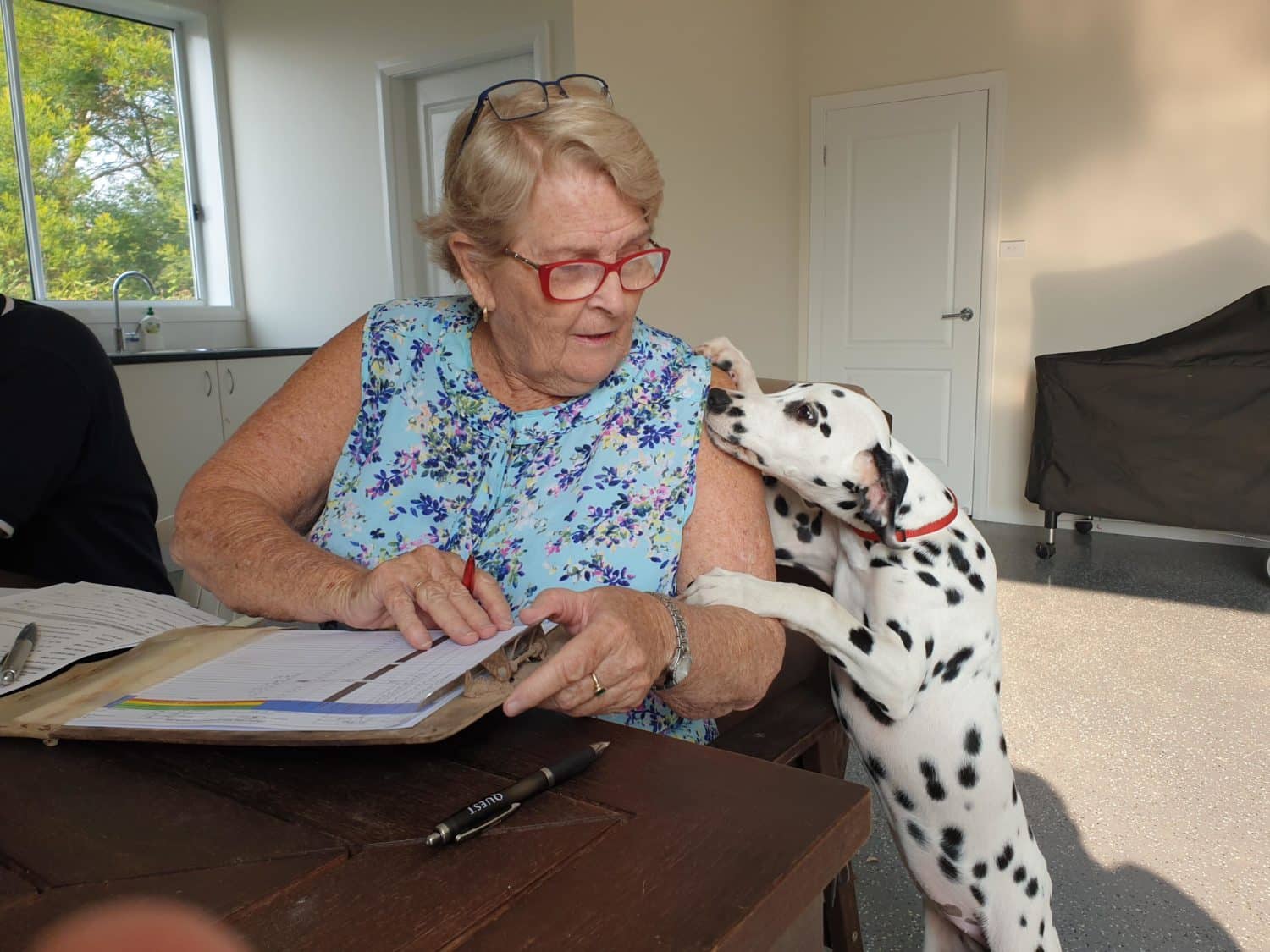
In her time as an Assessor, Janet has visited an incredible 611 farms, conducted 1803 assessments, and spent 980 nights away from home in regional locations as part of her role. Janet has flown, driven, and walked thousands of kilometres, at times rising before dawn and working well into the evenings assessing multiple sites. She is illustrative of the hard work and dedication to animal welfare that RSPCA Assessors share. We’d like to thank Janet for her commitment to the role, farm animal welfare and all her hard work over the years.
With hundreds of farms now participating in the RSPCA Approved Farming Scheme and this number growing, the life of an RSPCA Assessor continues to be a busy one – but it’s a role that’s deeply rewarding and one that helps make a difference to the lives of millions of farm animals.
Interested in reading more? Myth busting egg labels to help you shop Or What is traceability and why is it important? .

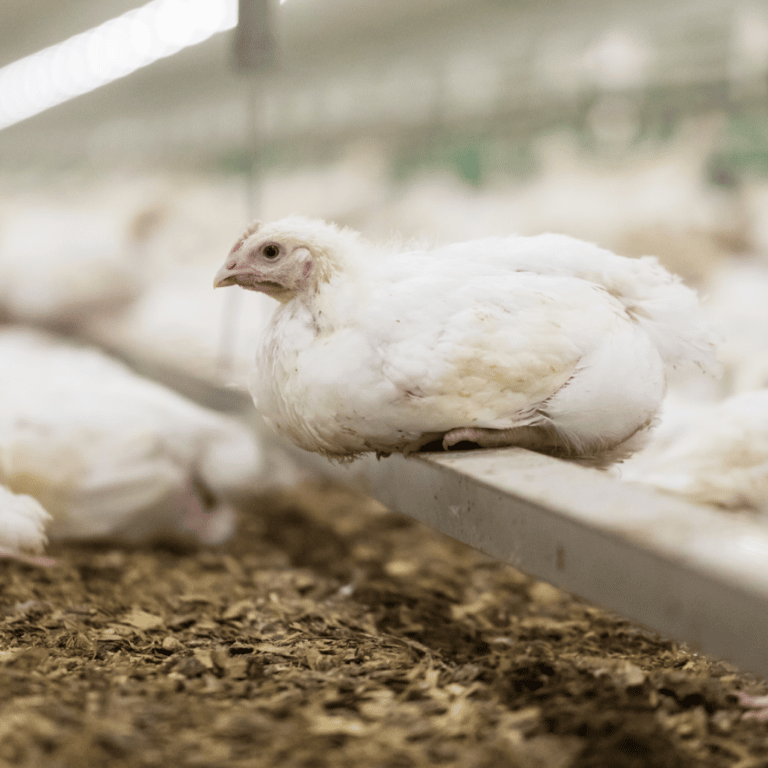
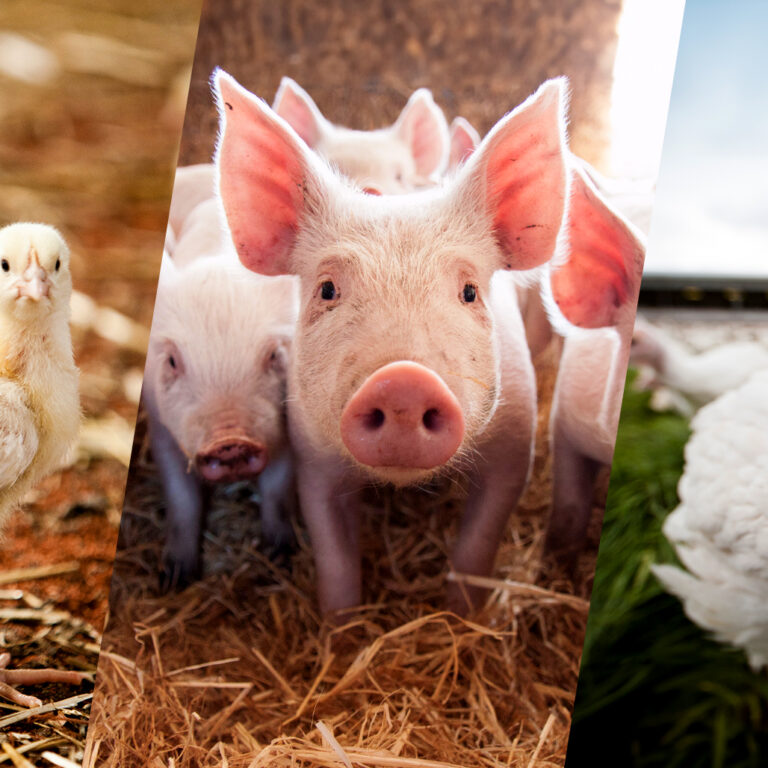

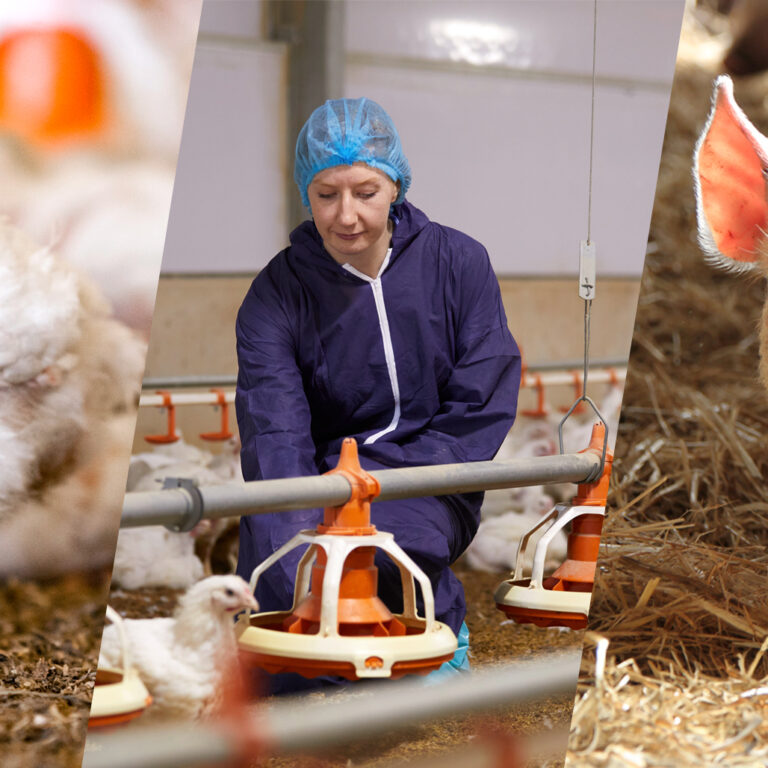
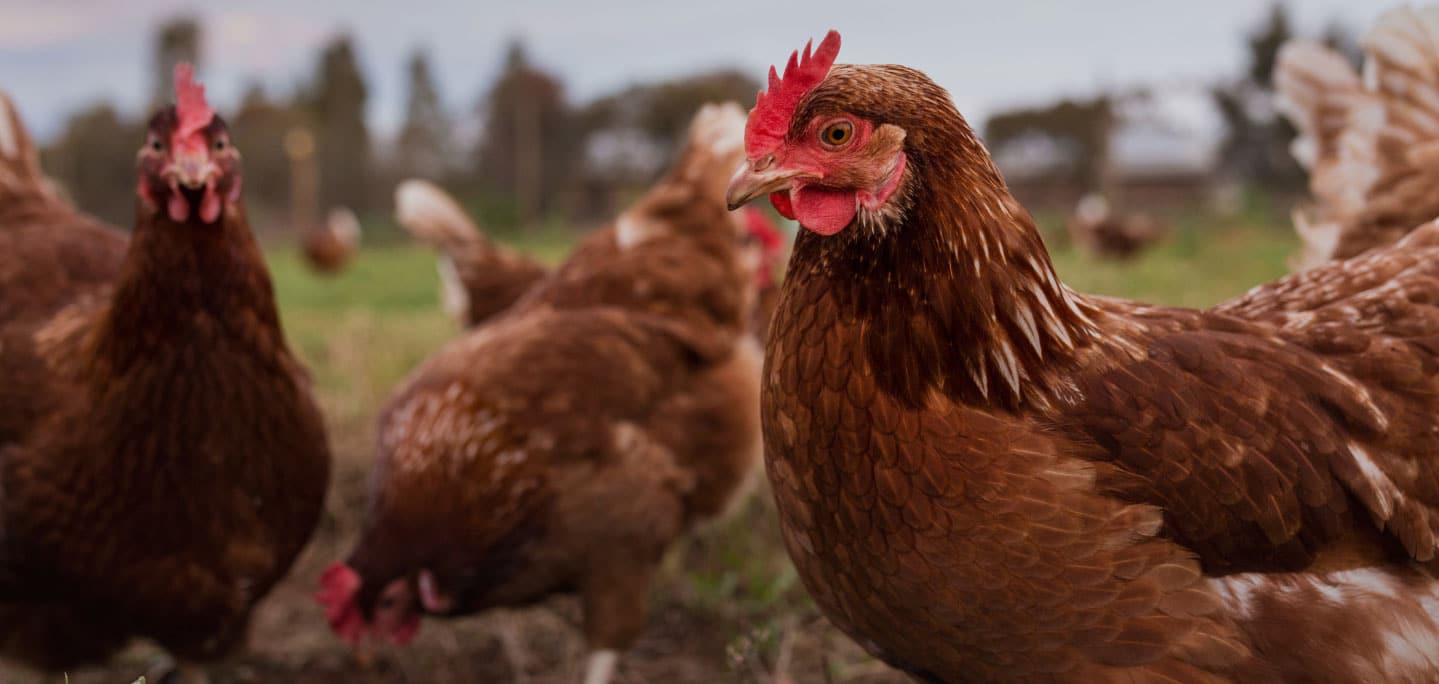

2 Comments
2 responses to “Spotlight on our RSPCA Assessors”
You ban individuals from having animals when there’s cruelty and you take them to court.
DO THE SAME TO CAGE CHICKEN OWNERS.
TAKE THEM TO COURT FOR CRUELTY TO CHICKENS AND BAN THEM FROM RUNNING SUCH A EVIL MADE BUSINESS.
JUST DO IT.
CLOSE THEIR EVIL WAY OF KEEPING CHICKENS IN CAGES. TAKE THEM TO COURT. JUST DO IT. DONT WASTE ANOTHER 10 YEARS LETTING THEM HAVE CHICKENS IN CAGES.
PUT THE OWNERS IN CAGES IN JAIL.
Hi Marie,
Thank you for your comment. We understand the community’s frustration about the use of barren battery cages for layer hens, which is why the RSPCA has long opposed the use of these cages and welcomed the news that they will be phased out.
RSPCA inspectorates act within the framework of state and territory animal welfare legislation. Provided that producers are operating within these laws, the RSPCA cannot prosecute them for using intensive farming practices, even when these practices are opposed by the RSPCA because they are inhumane and cruel. RSPCA inspectorates can prosecute on the basis of cruelty to individual animals if producers are breaking the law, but do not have the legal power to end intensive farming industries.
The best ways we can drive the phase out of battery cages are by reducing the demand for cage eggs by choosing cage-free alternatives, and taking action via our Bye Bye Battery Cages page: Bye Bye Battery Cages | RSPCA Australia